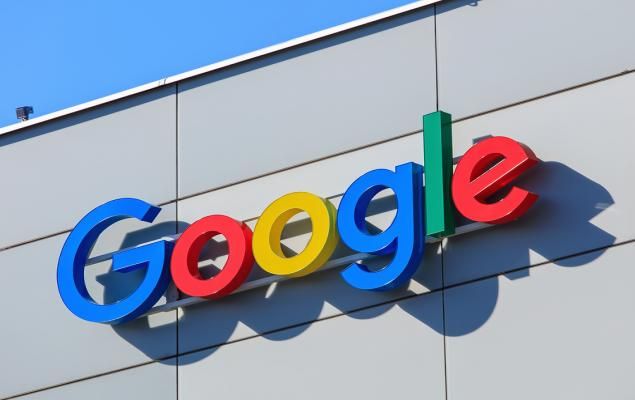

On Thursday, Google GOOGL revealed details regarding its new video game service, Stadia. Contrary to traditional consoles, users will no longer have to purchase games in store or online. A $9.99 monthly subscription along with the $69 Stadia controller and Google Chromecast is all that is needed for initial users to have access to over 30 games, including big titles by Electronic Arts EA and Take-Two Interactive’s TTWO 2K such as NBA 2K and Assassin’s Creed: Odyssey.
The gaming industry took a hard hit earlier this week after GameStop GME reported disappointing earnings and halted its quarterly dividend. Consumers have found it easy to avoid the retailer with the growth of Amazon AMZN and other online retailers, along with the ability to purchase and download games directly to the console. The console gaming market was around $34.6 billion in 2018, and Google is looking to capture some of this market.
With retailers like GameStop having a dark outlook, Sony SNE and Microsoft MSFT seemed set to bolster their own revenues through online purchases. Combined, Sony and Microsoft have over 98% of the console gaming market share as of May 2019. But, with Google entering the market as a cheaper alternative, the major gaming providers are going to have tough competition. Sony and Microsoft currently compete for the majority of market share due to similarities between their consoles, the PlayStation and Xbox, and the games released on them.
The price point could attract a lot of customers as typical consoles start at $299.99, not including any games and may require additional purchases to increase the console’s storage space. Plus, one new video game typically costs $59.99, which could make Stadia seem like a bargain. Typical consoles have a startup cost of $359.98 for the console, one controller and one game. Compare this to $114.98 total for the Stadia controller, a one-month subscription, Google Chromecast, and access to over 30 games.
Sony currently has a video game streaming service, PlayStationNow. It allows subscribers, for $19.99 a month, to play games from old PlayStation consoles along with a selection of current PlayStation games. For the program to be competitive with Google’s Stadia, it would have to continue to add to its selection of games. Microsoft is also working on a streaming gaming platform called Project xCloud. But the firm is yet to set a release date.
It is also important to note that both Sony and Microsoft do not expect their cloud gaming services to replace their consoles, which could give Google an advantage. Microsoft and Sony have also announced a partnership as a direct response to Google’s Stadia announcement. The major focus of this partnership will be cloud gaming according to PlayStation CEO Jim Ryan.
The only problem Google might face compared to its competitors is its more limited selection of games. There are two sides to this issue, new games and old games. Many of the biggest game franchises release yearly games that create a significant amount of revenue and attention for the company. If Google is unable to secure the licensing for these large title releases, it is very possible consumers will stay on the traditional platforms. That being said, Google does have the ability to put up the capital to acquire the games early on without having to wait until revenue from Stadia begins to come in.
This brings the second side of the issue: old games. Many video game users do not always want to play the newest, most popular games, instead opting to play old classics. This could be a potential problem for Stadia as buying and keeping the licensing for old games can come with a large price tag.
Similar problems have been seen with video-streaming service Netflix NFLX. Netflix has started to run into this issue, having to pay $100 million to WarnerMedia to license “Friends,” the second-most popular show on Netflix. These costs have started to pile up quickly and they continue to rise as Netflix attempts to keep its customers happy and has led Netflix to start producing more of its own content. Future Stadia users may demand the same out of Google, which could cause profitability problems if they end up paying to secure the licensing.
Overall, Stadia seems to be a high quality, low cost alternative to its traditional competitors, but it is important to note that the service has yet to be released. We will have to wait until November to get a full understanding of its demand and performance. Given Google is able to handle the possibility of high licensing fees, which it should be able to given its cash flow, the Stadia release could prove a true problem for Sony and Microsoft and may be the start of a technological revolution in the video game industry.












